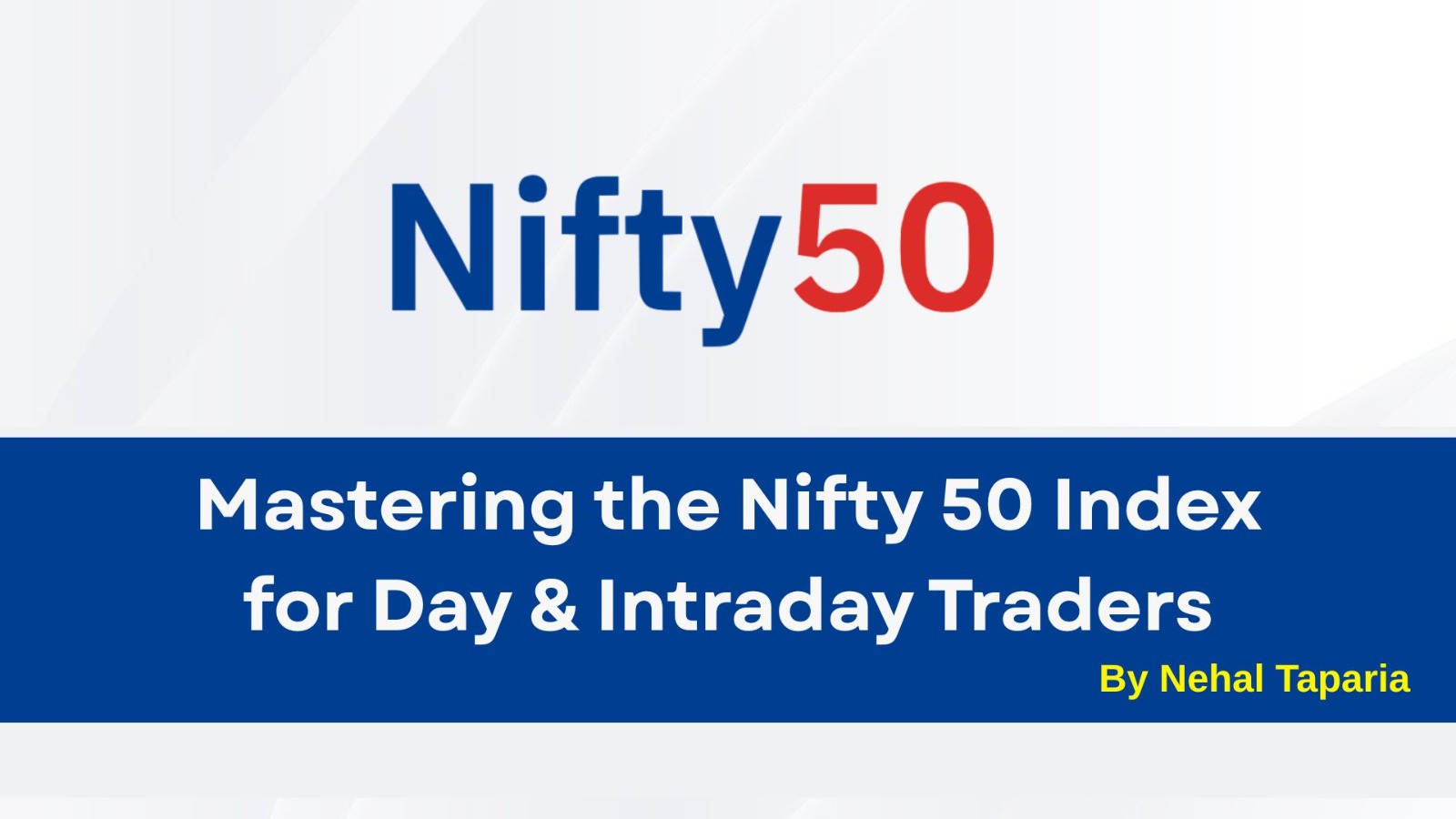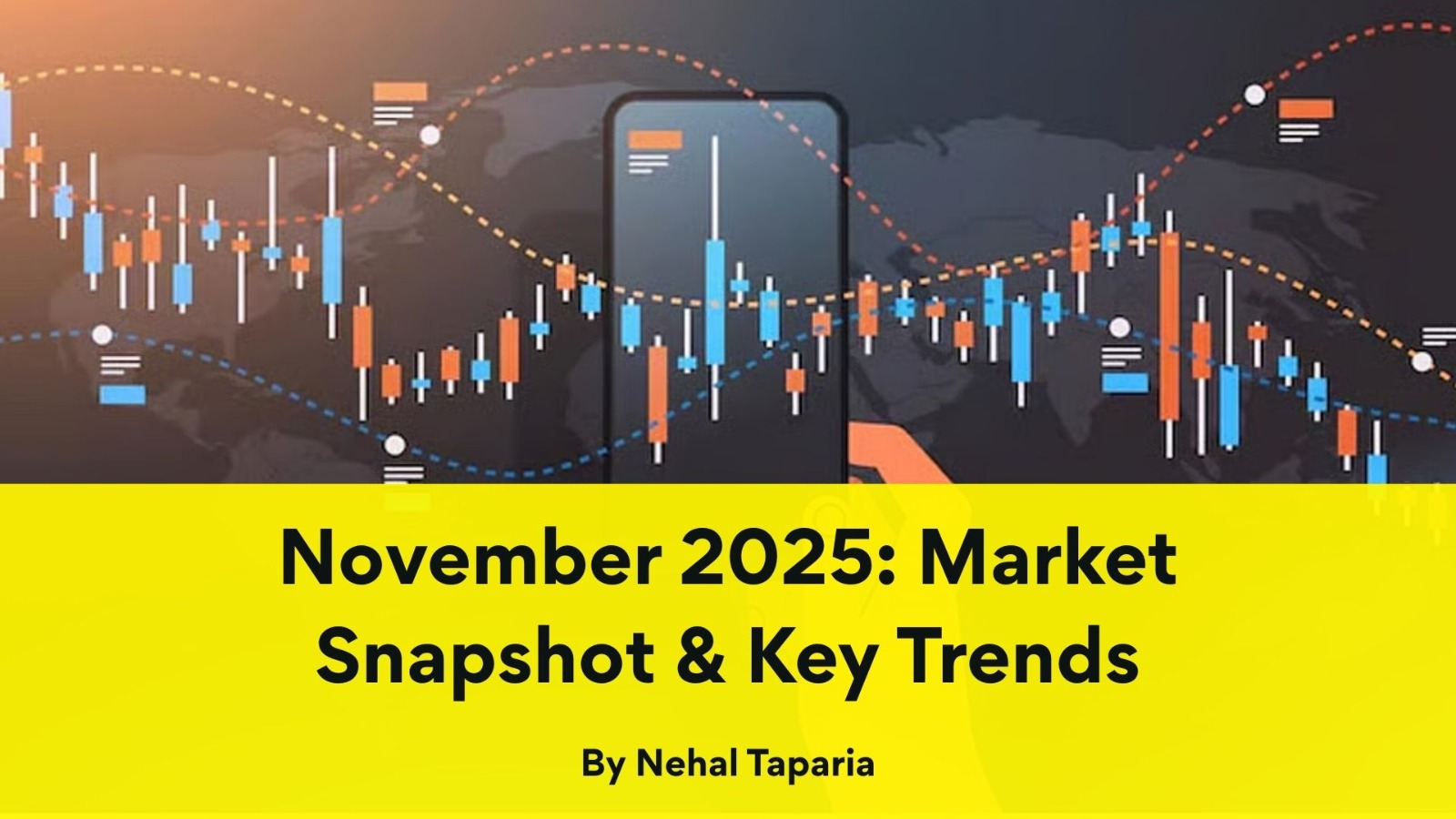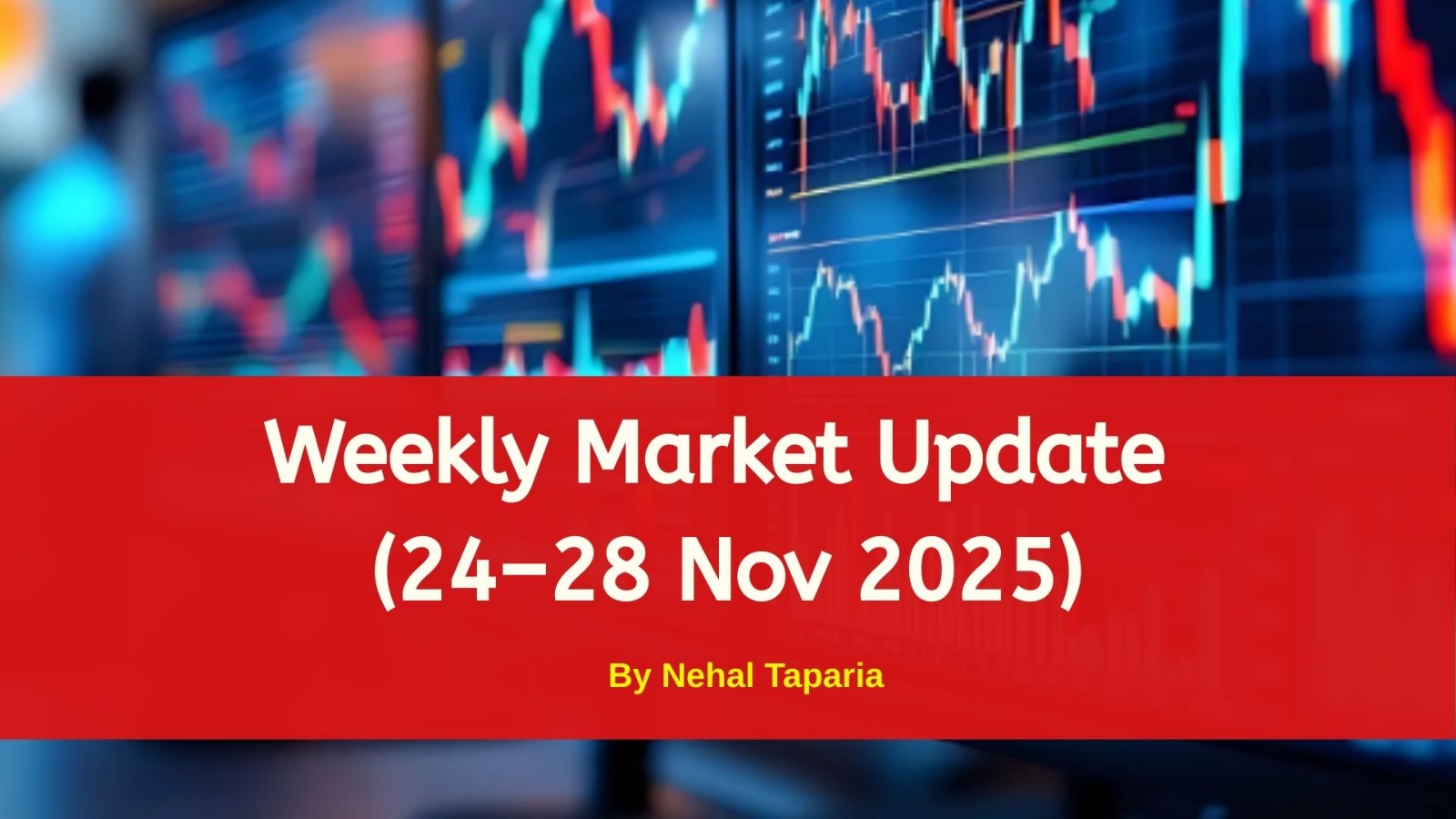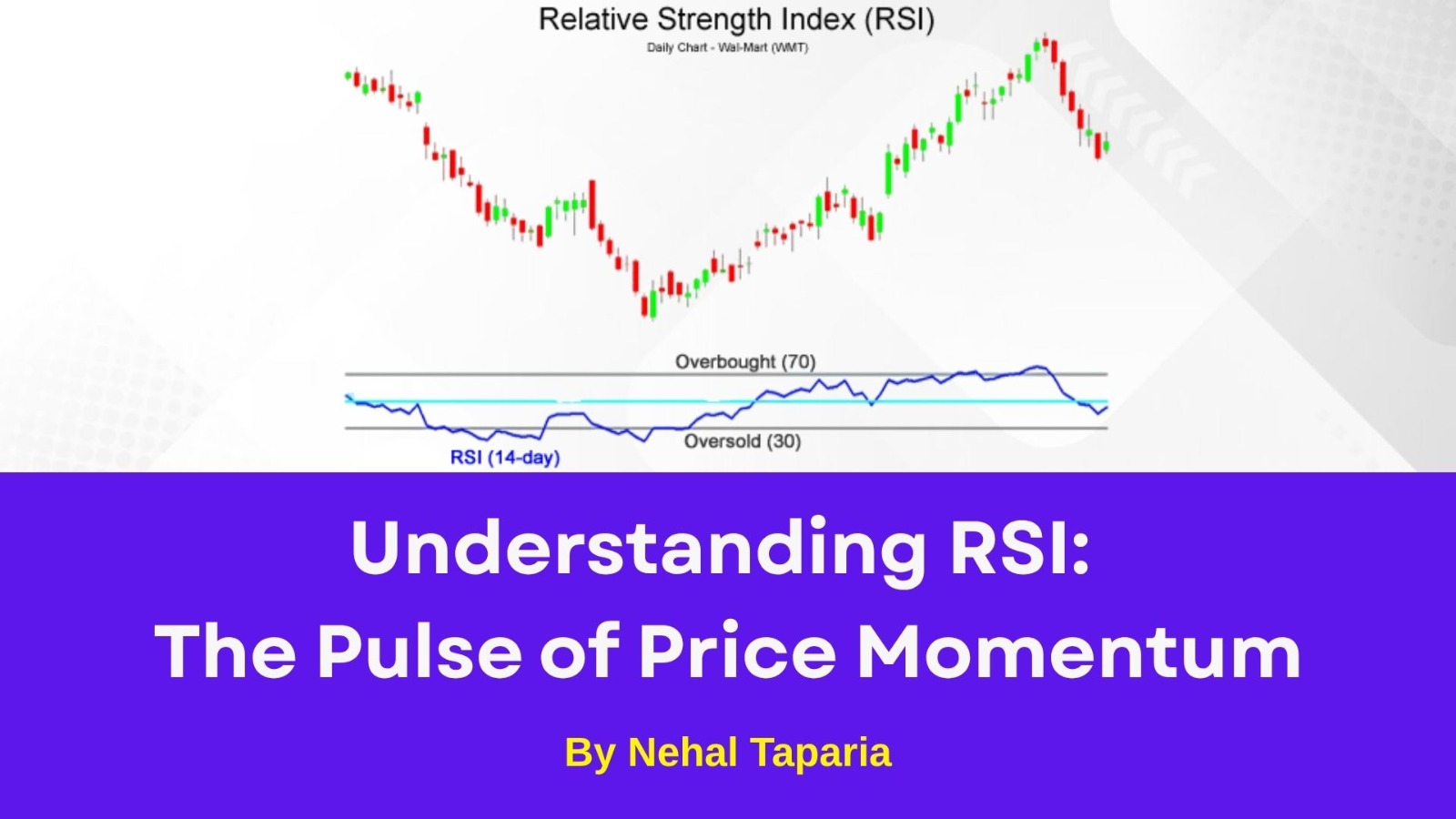Mastering the Nifty 50 Index for Day & Intraday Traders

Mastering the Nifty 50 Index for Day & Intraday Traders
Introduction
The Nifty 50 is one of the the most important benchmark indices in the Indian equity markets. It represents the top 50 companies by free-float market capitalization and liquidity on the National Stock Exchange of India (NSE).
For traders — especially in derivatives (futures & options) — understanding how the index behaves is crucial for building strategies, especially in short-horizon trading or intraday setups.
Key things to know
1. Composition and weightage
- The index includes stocks from various sectors: IT, banking, energy, consumer goods, infrastructure, healthcare, etc.
- Only stocks satisfying rigorous liquidity criteria and trading frequency are eligible.
- It is rebalanced periodically to keep it relevant.
2. Calculation method
- It uses a free-float market cap weighted method, meaning only freely tradable shares are considered (excluding promoter, government holdings etc.).
- Price × number of free-float shares gives the market cap basis for each constituent.
3. Why traders care
- The index is widely used as an underlying for derivatives — both futures and options.
- Traders can take positions on index futures or write / buy options to trade on the overall market direction.
- Because it covers many sectors and large companies, it acts as a barometer of market sentiment and macro trends.
4. Intraday relevance
- Index moves often reflect intraday market momentum, sector rotations, macro news and global cues.
- Traders who pursue intraday trading mastery can use the index as a hedge or benchmark, or use derivatives to capture short-term swings.
- Knowing index support/resistance, volatility, sector contributions helps in better execution of intraday trades.
5. Strategy ideas
- When the index is trending strongly, one may go long in futures or buy call options or do spread strategies in options (bull call spreads, etc.).
- In consolidation, traders may use straddle / strangle strategies or neutral options strategies.
- Use technical analysis on the index chart (moving averages, momentum, breakout levels) to time entries for intraday trades or swing trades.
Why a trading / educational course helps
If you're serious about trading the index or using it in derivatives, then structured training helps. For example:
- A technical analysis course can teach you patterns, indicators, support/resistance and how to read index charts.
- A Futures & Option trading course or advance F & O trading strategies training helps you understand how to trade index futures and options efficiently, including spread trades, Greeks, risk management.
- Live interactive sessions or live intraday trading classes help you apply strategies in realtime, watch index movements and execute trades with guidance.
- For those wanting certification, an intraday trading certification course or structured program can build credibility and systematic skills.
Conclusion
Whether you are a beginner or an experienced trader, mastering the Nifty 50 index is extremely valuable. With the right skillset from a share market course (covering index, derivatives and technical analysis), you can incorporate the index into your intraday trades or longer horizon strategies.
By Nehal Taparia
This content is for educational and knowledge purposes only and should not be considered as investment or Trading advice. Please consult a certified financial advisor before making any investment or Trading decisions.
Our Recent FAQS
Frequently Asked Question &
Answers Here
Q1. Why is Nifty 50 significant for day trading and intraday trading?
Because the index aggregates the top liquid stocks, its intraday movements often reflect the broad market sentiment. Traders can use futures or options on the the index to take intraday positions.
Q2. Do I need special knowledge to trade index futures or options on Nifty 50?
Yes. A futures trading course or F&O trading course (or even an advance F & O trading strategies course) helps you understand contract specifications, margin, Greeks, rollovers, and hedging
Q3. Can I learn to trade Nifty 50 intraday using technical analysis?
Absolutely. Enrolling in a technical analysis program or attending live intraday trading classes helps you learn chart patterns, indicators and real-time decision making.
Q4. What are the benefits of an intraday trading certification course?
A certification helps validate your knowledge, gives you structured training, risk management discipline, and confidence to trade in live market conditions.
Q5. Which courses are recommended for someone wanting to trade Nifty 50 intraday or derivatives?
Consider courses that combine:
1. Technical analysis (for chart reading and momentum)
2. Futures and options (for using index futures or option strategies)
3. Live classes (so you can practise in real time)
4. Certification (to ensure you have a structured curriculum and credentials)
Copyright © By Empirical F&M Academy. Design & Developed by Techno Duniya


.jpg)


.jpeg)




